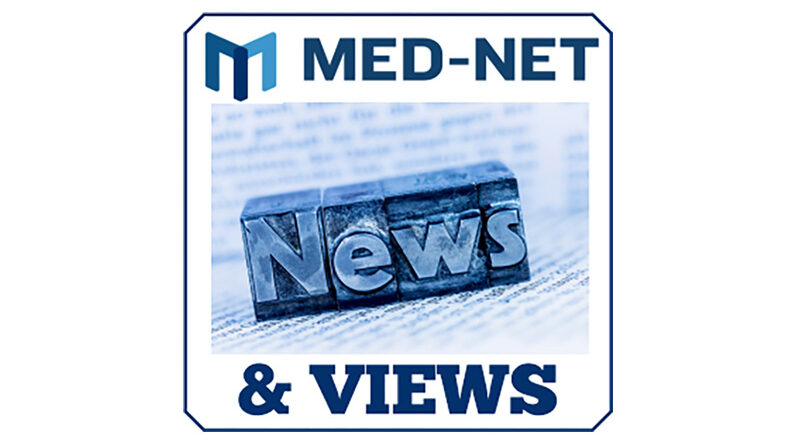Safe Harbors Can Shield Healthcare Providers from Federal Anti-Kickback Statute
By:
David S. Barmak, JD CEO
The principal purpose of the Federal Anti-Kickback statute is to protect patients and the federal healthcare programs from fraud and abuse by eliminating the corrupting influence of money on healthcare decisions. The law as written is very broad and over the years healthcare providers have argued that some relatively minor and, in some cases, even beneficial commercial arrangements are prohibited by this federal regulation.
Concerns raised by many though the years has led Congress to authorize the Department of Health & Human Services to issue regulations designating “safe harbors” for various payment and business practices such as but not limited to space rental, equipment rental, personal services, and management contracts. These types of safe harbor arrangements while potentially prohibited by the law will not face criminal and civil prosecution.
Without safe harbor status, violation of the Federal Anti-Kickback law could be punishable by prison, criminal fines, administrative civil penalties, and exclusion from participation in federal healthcare programs.
Failure to comply with a safe harbor provision does not mean that a business arrangement is per se illegal. Compliance with safe harbors is voluntary and arrangements that do not comply with a safe harbor must be examined on a case-by-case basis for compliance with the anti-kickback statute.


